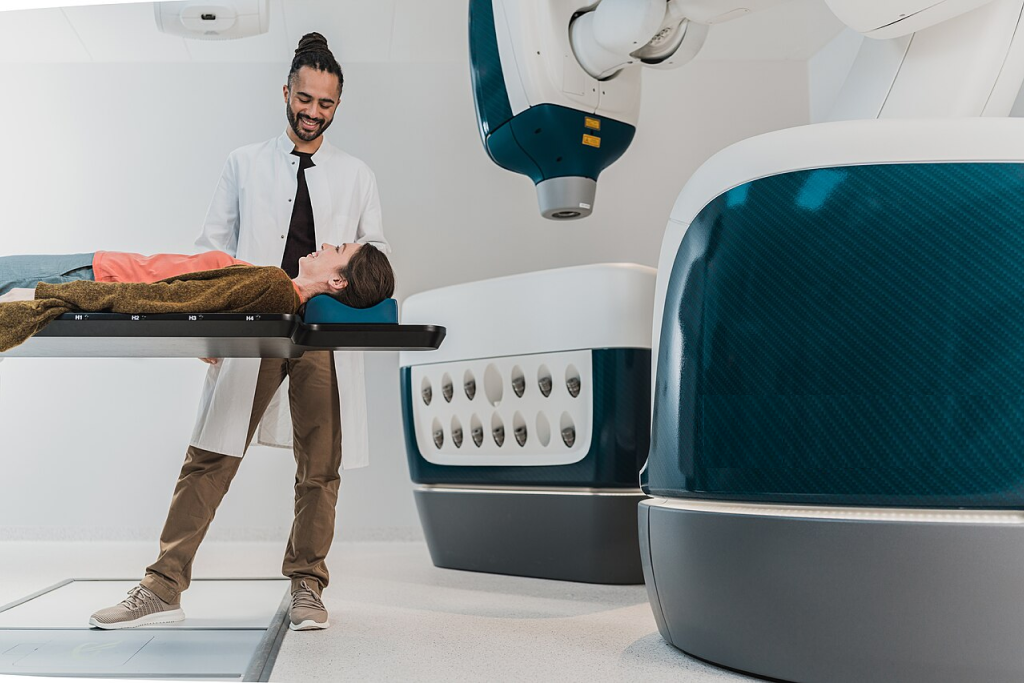- Working hours:Mon - Fri 09:00 am – 05:00 pm
- Call Us: +41772464735
HOME
Working with Patient Support Programs (PSPs) in rare diseases is essential for improving patient outcomes and ensuring that patients have access to the resources they need to manage their conditions. Here are some of the key benefits of working with PSPs:
Improving Patient Access: PSPs can help patients access necessary treatments and medications, provide information on clinical trials, and help navigate the healthcare system. This can improve patient outcomes and quality of life.
Providing Educational Resources: PSPs can provide educational resources to patients, caregivers, and healthcare providers on the rare disease and available treatments. This can help raise awareness of the disease and promote early diagnosis and treatment.


Offering Emotional Support: PSPs can provide emotional support to patients and their families, helping them cope with the physical, emotional, and financial challenges associated with rare diseases.
Facilitating Patient Advocacy: PSPs can help patients advocate for themselves and raise awareness of the disease by providing opportunities to participate in patient advocacy activities such as fundraising events and patient support groups
Supporting Research:PSPs can support research efforts by connecting patients with clinical trials and collaborating with researchers to gather patient input on the development of new treatments.
In summary, working with PSPs is critical for improving patient outcomes in rare diseases. These programs can provide patients with access to treatments and resources, educational materials, emotional support, and opportunities for patient advocacy and research participation. By collaborating with PSPs, companies can help ensure that patients receive the best possible care and support for their rare conditions.
Proactive e-commerce via process-centric ‘outside the box“ thinking.
About us
Services
Location
Contact
Blog
Shop
Laboratory
Industry
Materials
Audio
Metallurgy
Video